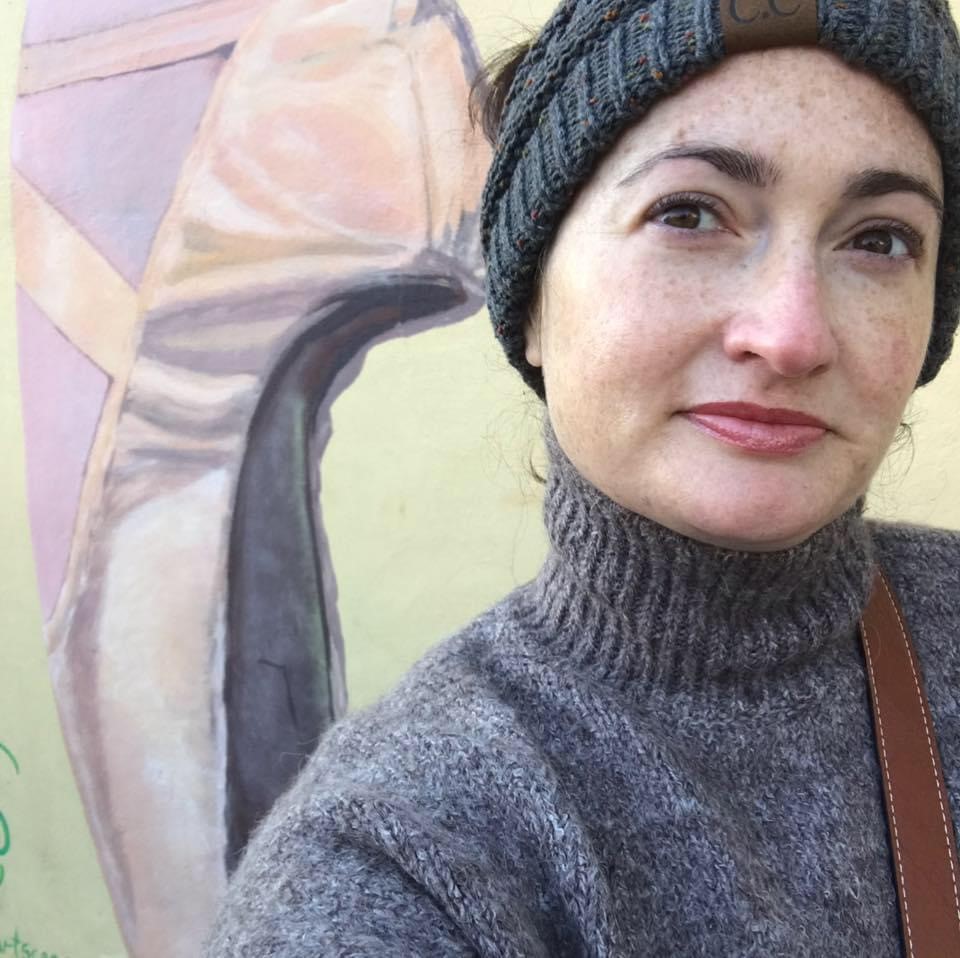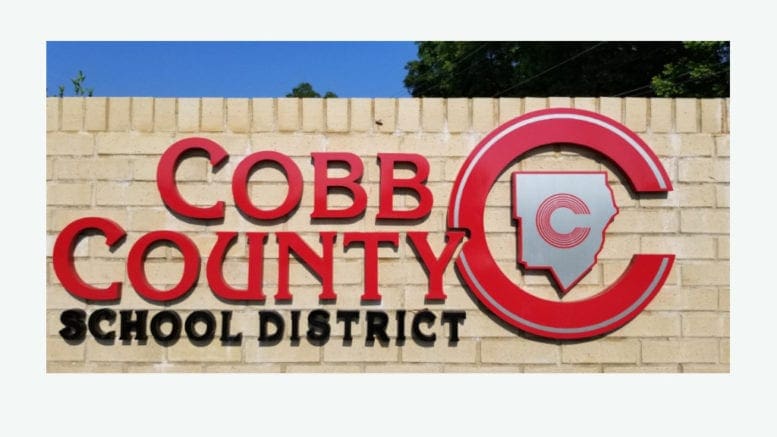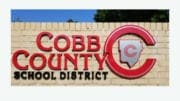By Rebecca Gaunt
Stronger Together, a Cobb racial justice advocacy group, and the Southern Poverty Law Center (SPLC) teamed up Thursday for a virtual discussion on the impact of Cobb County School District’s disciplinary policies and practices.
Advocates say they want the district to move away from exclusionary discipline, such as suspension and expulsion, citing research showing it’s damaging to mental health. It also leads to more behavior problems, academic issues and higher dropout rates. Statistics show that students of color and students with disabilities are disproportionately disciplined with these methods.
Both groups are working to dismantle the school-to-prison pipeline, a term for pushing at-risk youth out of schools and into the criminal justice system. By encouraging the use of school counselors, mental health resources, social emotional learning, and restorative discipline instead, advocates hope to improve student outcomes.
According to disciplinary data shared by the SPLC and obtained through an open records request, in 2020, there were 17,886 unique disciplinary events in CCSD. About 70% were classified as truancy, incivility or disorderly conduct.
The SPLC is conducting a thorough analysis which will be released to the community upon completion.
Michael Tafelski, SPLC senior supervising attorney, shared some data from the preliminary review which showed disparities for Black and disabled students.
Both groups were overrepresented in the discipline data, Tafelski said. Black students account for about 53% of the infractions, though they are only 33% of the student population.
Disabled students accounted for about 28% of the infractions, though they are only about 12-13% of the population.
For comparison, white students make up 37% of the population but only accounted for 18% of the disciplinary interactions.
Data on law enforcement referrals in the school district from the 2017-2018 school year showed similar disparities for Black and disabled students. Read the Cobb County article on that disparity here.
Last year, an autistic Cobb middle school student was charged with making terroristic threats when he began scripting from a video game, even though the behavior was specifically addressed in his IEP and behavior intervention plan. The parents had to hire an attorney and appear in juvenile court where the charges were dismissed. The mother filed a complaint with the state and Cobb County School District was found in violation after an investigation.
Tarasha Shirley, a special education advocate, said she has walked 105 students and families of color through the special education process.
“I began my journey several years ago after fighting for supports and services for my own child in Cobb and realizing just how expensive it was, just how much I didn’t know about how to access the services for my daughter,” she said.
Karen Finn’s son was diagnosed with autism when was four. Now in high school, her son recently faced expulsion when he had a fight in a classroom over a chair. Finn said she was told he could transfer to Ombudsman, an alternative school, but IEP services would not be available. That was when she started looking for an attorney.
“Paying my regular bills is hard enough, and then you have to add an attorney,” Finn said.
“It’s almost as if you can’t access the equity you’re looking for if you don’t have the money to pay for it,” Shirley added.
Finn’s son is currently receiving home services from the district, thanks to legal intervention. Her dream is for him to attend Jacob’s Ladder, a private school in Roswell for special needs, but the tuition is prohibitively expensive.
Panelist Jennifer Susko, a former school counselor for Cobb County School District, said the district has already provided training on restorative discipline in the past, but there needs to be more. She suggested community engagement, peer mediation and mentor programs.
“The reason exclusionary discipline doesn’t work is because it’s not teaching them anything and it’s not getting at the root of the problem or what the children need. The schools have to address the needs of the whole child, and often their family, to ensure success that way. Especially for children in the vulnerable populations that we’re talking about right now,” she said.
SPLC attorney Claire Sherburne said Cobb Schools, along with many other districts in Georgia, rely too heavily on suspension, expulsion and arrests.
“What we know is that arresting students and pushing them out of school is ineffective. These approaches usually lead to increased behavior, decreased academic engagement, increased likelihood of dropout, and a negative school climate,” she said. “The number of police we have in our schools [in Georgia] far outweighs the number of counselors.”

Rebecca Gaunt earned a degree in journalism from the University of Georgia and a master’s degree in education from Oglethorpe University. After teaching elementary school for several years, she returned to writing. She lives in Marietta with her husband, son, two cats, and a dog. In her spare time, she loves to read, binge Netflix and travel.





